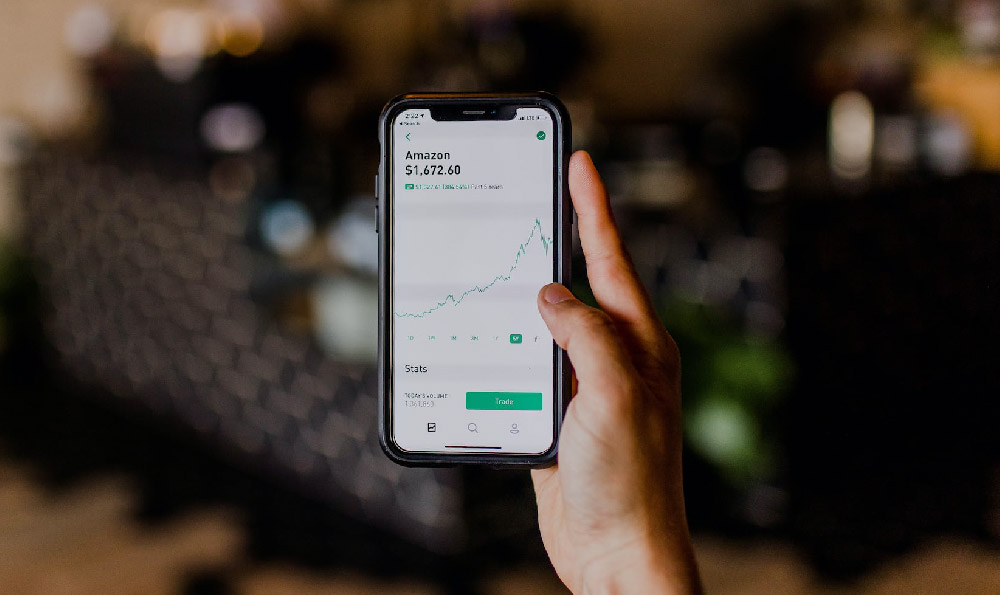Politicians, as stewards of public affairs, are often seen as representing the interests of their constituents rather than pursuing personal enrichment. However, the reality of their financial lives is far more intricate, involving a variety of income streams that can range from transparent governmental compensation to controversial or even illicit methods. Understanding these sources is essential for evaluating the potential conflicts of interest that may arise and for assessing the ethical dimensions of political behavior. The interplay between politics and money has long been a subject of scrutiny, with implications for governance, accountability, and the public trust.
Official salaries form the foundation of a politician's income, yet their structure and magnitude can vary significantly across different political systems. In many democracies, lawmakers receive a fixed salary determined by legislative bodies or national laws, often accompanied by additional benefits such as healthcare, retirement plans, and perquisites like travel allowances or office expenses. These package deals are designed to ensure that politicians can focus on their duties without financial strain, but they also raise questions about whether such compensation is adequate or excessive. For instance, the salaries of senior government officials, such as cabinet ministers or heads of state, tend to be much higher than those of local representatives, creating disparities that may influence political priorities. Additionally, the promise of long-term benefits, like pensions and healthcare coverage, can create a sense of security that may impact decision-making in ways that prioritize personal gain over public service.
While official salaries provide a primary source of income, politicians often augment their earnings through other avenues, some of which may not be as strictly regulated. Campaign financing is a significant consideration, as political campaigns require substantial resources to reach voters, fund advertising, and organize events. In some systems, these funds are sourced from public allocations, while in others, they come from private contributions, including donations from individuals, corporations, and interest groups. The transparency of these funds is a critical factor; in nations with strict campaign finance laws, contributions are subject to disclosure, while in others, anonymous donations may create opportunities for influence peddling. Moreover, politicians may engage in consulting work or take up private sector jobs after leaving office, leveraging their political connections for financial advantage. This duality raises concerns about whether their public responsibilities are compromised by private interests.

Another layer of financial activity involves outside income generated through public appearances, writing, or media engagements. Many politicians are invited to speak at corporate events, universities, or community gatherings, and these fees can accumulate over time. Similarly, publishing books or articles, creating content for media platforms, or endorsing products can provide additional revenue. While these activities may be permissible, they can blur the lines between genuine advocacy and commodification of political influence. The potential for conflicts of interest is heightened when politicians engage in these activities without full disclosure, particularly if their positions or decisions are influenced by the financial benefits they receive.
In some cases, the intersection of politics and money extends to more contentious or illegal practices. Corruption, in its many forms, remains a persistent issue, with politicians sometimes accepting bribes, embezzling public funds, or using their positions to secure private benefits for themselves or their associates. These actions not only violate legal and ethical standards but also undermine the integrity of public institutions. Investigations into such cases often reveal the extent to which financial incentives can distort political decisions, leading to calls for stronger anti-corruption measures, transparency, and accountability. The consequences of these illegal methods can be severe, ranging from personal legal repercussions to systemic governance crises.
The financial dynamics of politicians are further shaped by their personal investments and wealth management strategies. While public officials are often required to disclose their assets, the complexity of their financial portfolios may not always be fully transparent. Some politicians may engage in strategic investments, leveraging their influence to create favorable conditions for wealth growth, while others may accumulate substantial personal fortunes through inherited wealth or entrepreneurial ventures. The financial independence of politicians can be a double-edged sword, as it may enable them to act in the public interest or, conversely, create vulnerabilities to external pressures.
Ultimately, the question of how politicians earn money is inextricably linked to the broader discourse on political ethics, transparency, and the role of money in governance. While some forms of income are legitimate and necessary for sustaining political careers, others may threaten the public's perception of trust and impartiality. The challenge lies in creating systems that ensure accountability while providing political figures with the financial security needed to fulfill their duties. As societies evolve, so too must their approaches to regulating the financial aspects of political life, balancing the need for transparency with the reality of political systems. The ongoing dialogue about this topic is crucial for fostering a more ethical and accountable political environment.











